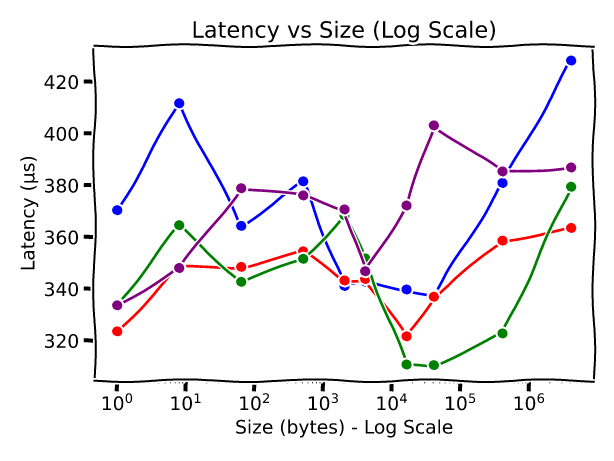4 releases
Uses new Rust 2024
| new 0.3.5 | May 8, 2025 |
|---|---|
| 0.3.4 | May 7, 2025 |
| 0.3.3 | May 7, 2025 |
| 0.3.2 | May 7, 2025 |
#610 in Asynchronous
338 downloads per month
Used in 2 crates
(via pyridis-node)
20KB
237 lines
pyridis
pyridis is the API and plugin to support python scripts inside iridis
It consists in two main APIs:
pyridis-api: the primary API used to implement each node in the dataflow graph.pyridis-message: the secondary API used to implement messages to be passed between nodes
The main part of this project is then the PythonFileExtPlugin, which is a plugin compiled as a cdylib that must be passed
to the iridis runtime in order to be able to load .py files as a node.
Usage
In a single .py file, you can define a node like this:
from typing import Any, Dict
import asyncio
import time
from pyridis_api import Node, Input, Inputs, Outputs, Queries, Queryables
class MySink(Node):
input: Input
def __init__(self):
pass
async def new(self, inputs: Inputs, outputs: Outputs, queries: Queries, queryables: Queryables, config: Dict[str, Any]):
self.input = await inputs.with_input("in")
async def start(self):
while True:
try:
message = await self.input.recv()
print(message.data[0])
except:
break
def pyridis_node():
return MySink
Then you must load the PythonFileExtPlugin to your rust iridis runtime:
let runtime = Runtime::new(
async |file_ext: &mut FileExtManagerBuilder, _url_scheme: &mut UrlSchemeManagerBuilder| {
file_ext
.load_dynamically_linked_plugin(PathBuf::from("/path/to/libpyridis_file_ext.dylib"))
.await?;
Ok(())
},
)
.await?;
Note: it's also possible to load this plugin statically with .load_statically_linked_plugin::<PythonFileExtPlugin>()
Finally you can load your nodes into the runtime just like rust nodes:
runtime
.run(flows, async move |loader: &mut NodeLoader| {
loader
.load_url(
Url::parse("file:///path/to/script.py")?,
source,
serde_yml::from_str("frequency: 1.0")?,
)
.await?;
loader
.load_url(
Url::parse("file:///path/to/other_script.py")?,
sink,
serde_yml::from_str("")?,
)
.await?;
Ok(())
})
.await
Before you try to run anything, you must have activated a python virtual environment. Tests have been made with uv and it works just fine:
uv venv --python 3.12 # the version must match the one used to compile the 'libpyridis_file_ext` in case of dynamic linking
source .venv/bin/activate # or 'activate.fish', or 'activate.ps1' ...
Then you will need the api:
uv pip install pyridis-api pyridis-message pyarrow numpy
And finally you can build your application:
cargo build -p name-of-your-crate
However, the generated executable will not be able to find the correct python libs of the environment by default. You will need to tweak the
LD_LIBRARY_PATH:
source .venv/bin/activate
export LD_LIBRARY_PATH=$(echo $(cat .venv/pyvenv.cfg | grep -i home | cut -d '=' -f 2)/..) # adjust to reflect the location of your .venv
cargo run -p name-of-your-crate
For a complete example of a project with multiple nodes—see pyridis-benchmark.
Examples
Multiple examples can be found in this directory and can be launched with just:
Example of message definitions
just enum_inherit
Example of applications
just io_runtime
just service_runtime
Rust
For now it's only possible to interact with an iridis runtime with rust. See iridis for a detailed description of the project
Benchmark
See pyridis-benchmark for a detailed description of the benchmark.

Dependencies
~22–33MB
~514K SLoC